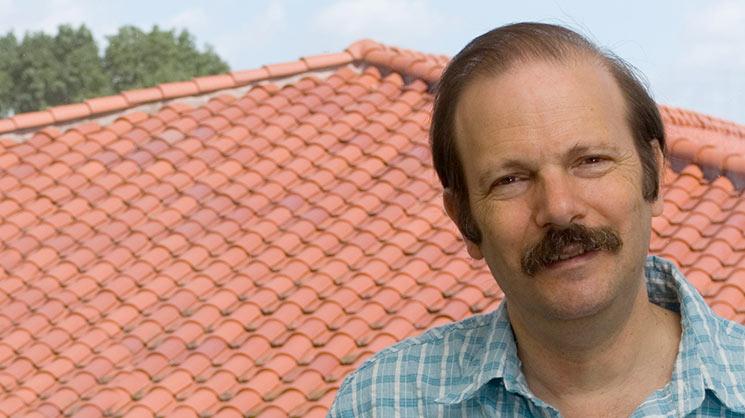Moshe Y. Vardi, the Karen Ostrum George Distinguished Service Professor in Computational Engineering and director of the Ken Kennedy Institute for Information Technology at Rice University, has received an honorary doctorate from the University of Liège in Belgium.
"Is computer science a science or a nitty-gritty technology? This is a long-standing debate but I can tell you that, whatever computer science is, there are computer scientists and, today, I have the pleasure to present one of the best: Prof. Moshe Vardi," said Pierre Wolper, professor of computer science at the University of Liège, who presented Vardi with his honorary degree.
Vardi earned his Ph.D. in computer science from Hebrew University in Jerusalem in 1981. After two stints as a scientist for IBM Research and continued work at Stanford University, Vardi joined the Rice faculty in 1993. He served as a consultant at Bell Labs and was a visiting faculty member at the Intel Design Center in Haifa, Israel.
Vardi has co-authored two books, Reasoning about Knowledge and Finite Model Theory and Its Applications, and is a member of the U.S. National Academy of Engineering, the American Academy of Arts and Sciences and the American Association for the Advancement of Science. He has received Outstanding Innovation Awards from IBM, the Presidential Award from the Association for Computing Machinery (ACM), and ACM's Edgar F. Codd Innovations Award -- a top recognition for database-research accomplishments.
He is a Fellow of ACM, the American Association for Artificial Intelligence, the European Association for Theoretical Computer Science, the Institute for Electrical and Electronic Engineers, and the Society for Industrial and Applied Mathematics. He is a member of the European Academy of Science and Academia Europaea. Vardi holds honorary doctorates from the Saarland University in Germany, Orleans University in France, and UFRGS in Brazil. He is the editor-in-chief of the Communications of the ACM.

